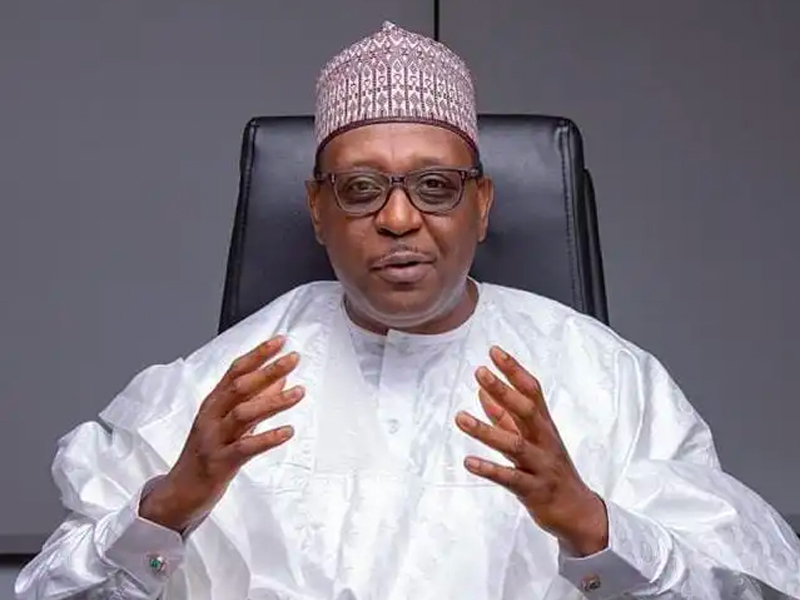Mohammed Ali Pate, the coordinating minister of health and social welfare, said incentives will be made to keep Nigerian healthcare workers in the country.
He further stated that if Nigerian doctors withdraw from the scheme, the UK’s National Health Service (NHS) will suffer.
Speaking on Channels Television’s Politics Today, Pate stated that Nigerian-trained health personnel are in high demand, with 67 per cent of those who leave the country heading to the United Kingdom.
Pate said:
“The UK will need Nigerian doctors. 67% of our doctors go to the United Kingdom and 25% of the NHIS workforce is Nigerian.”
“The recruitment countries; that recruit our professionals, should they not have some responsibilities to help us expand the training? Because the strain of health workers’ migration is continuous; it’s not going to stop tomorrow.
“Does the UK, for instance, want to consider expanding the pre-service education? Can we have corridors that allow us to have a compact that ‘you’ll take so but you will also help us train more so you will replace them’? That is in the realm of health diplomacy and ethical replacement.
“Nigerians are very vibrant, entrepreneurial, and capable wherever they are. If Nigerians hold back from the UK, for instance, the NHS will struggle to provide the services that many Nigerians are going there to get.”
Pate said more than 75 percent of health workers trained in the last year left Nigeria as economic migrants.
“We have good training centres here, and the universities are doing a great job,” he said.
He stated that while they have freedom of movement and no one can prevent them from leaving, the government will make it easier for them to practise in Nigeria.
Pate stated that the new national policy on health workforce migration will encourage medical practitioners to stay in Nigeria by providing increased welfare packages and capacity building.
“We’re not stopping anyone from leaving. We’re accepting that migration is here to stay — people will leave, some will come back, some will migrate here from elsewhere,” he said.
“You’re free to leave, but we will work on making the environment more conducive, to make you more likely to stay than leave, and to attract/incentivise those who’ve left, to come back.”
